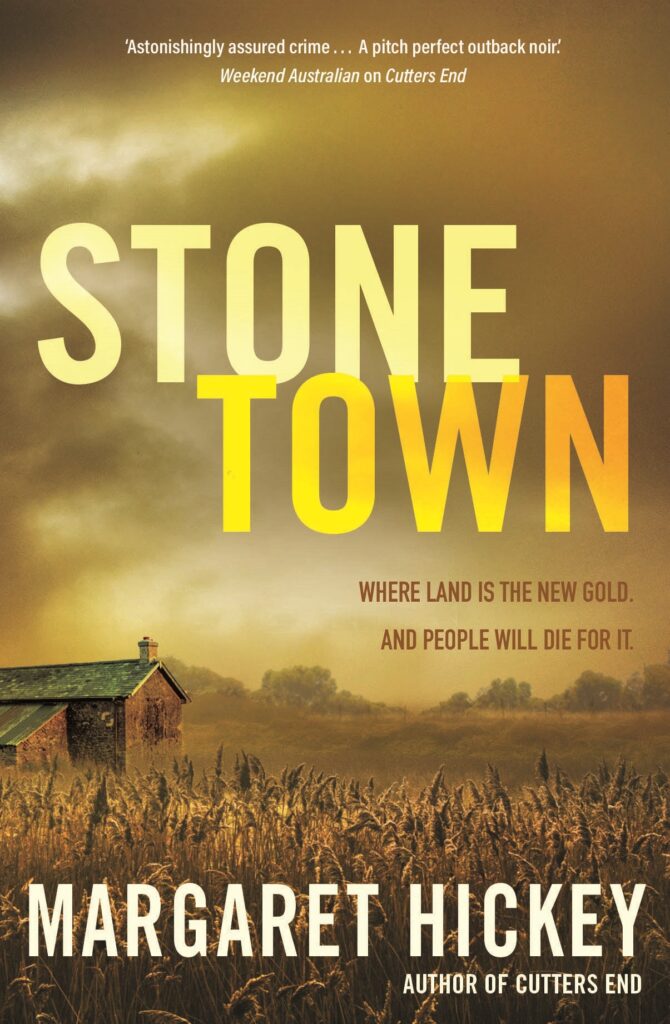When my writing started getting published, in literary journals and short story collections – people began asking me about process. I didn’t have a lot to say about it: I wrote when I wasn’t teaching. I wrote when I could and when I had a good idea. Isn’t that what everyone does?
Then, after my first crime novel was published, I received my first serious publishing contract which stipulated one book a year, for the next two years. Writing when I could, and when I had a good idea became a luxury. I had to plan my year.
This is tricky, as I don’t plan my books in advance, in other words, I’m a ‘pantser’. For my first book, Cutters End, I only found out who the killer was when I’d written 72,000 words. What a relief it was to finally jot that little titbit down.
I loved writing Cutters End: the free fall, the shredding of useless pages, the surprises, and then the revelation. I decided, despite the tight deadline, to work in the same way for my next book.
In Stone Town, I had a good idea that stemmed from the walks I take every day. A barking owl in the bush, a sunken mine shaft, a crooked real estate agent, and twitchers: what wasn’t to like?
So, in between my job teaching Year 12 English at a local high school, I wrote when I could, and when I had a good idea. Trust the process which works for you, I thought. Breathe.
Four months in and I was panicking. I couldn’t sleep, I started dreaming about Angela Merkel even though I have never once had any interest in German politics. I took to wandering around the house like Lady Macbeth, wringing my hands and reading Twitter. I worried about process; I dumped 10,000 words.
I studied other writers and their process. Sticky notes, excel spreadsheets, Scrivener. I tried it all. I failed.
At 50,000 words in, my main character was running through a mine tunnel, and I had no idea why.
School holidays came and I went for a four-day walk in the Prom with five friends. We lugged 17kg packs in rain and wind. We waded across a creek chest-high, passing our packs to one another. We saw a search and rescue helicopter winch up a person from Refuge Bay. We huddled on the beach, drinking wine out of plastic mugs, we saw a huge fish jump out of silver waves. I slept brilliantly. On the last thundery day, we tramped along muddy duckboards, underneath a dense canopy of banksia and gum.
“What would we do if we saw a dead body here, just lying across the path?” I asked.
We discussed: We would do lots of things: we’d run for help, we’d call the helicopter, we’d cover the body, we’d take photos for the police. We’d be tough about it, we’d be practical. We started running.
My pack felt lighter, I hoisted it high, invigorated. Because now, after four days – I was on track.
When people ask me now about process, I say find one that works for you: for me, it includes walking, considering and feeling out landscape, writing and discarding, putting one paragraph down after another, and seeing if it works, if it flows.
Once I realised that, writing became a joy again. I found out who the killer in Stone Town was, at 68,000 words. I really hope it’s less than that for the book I’m working on now.
More info here.

